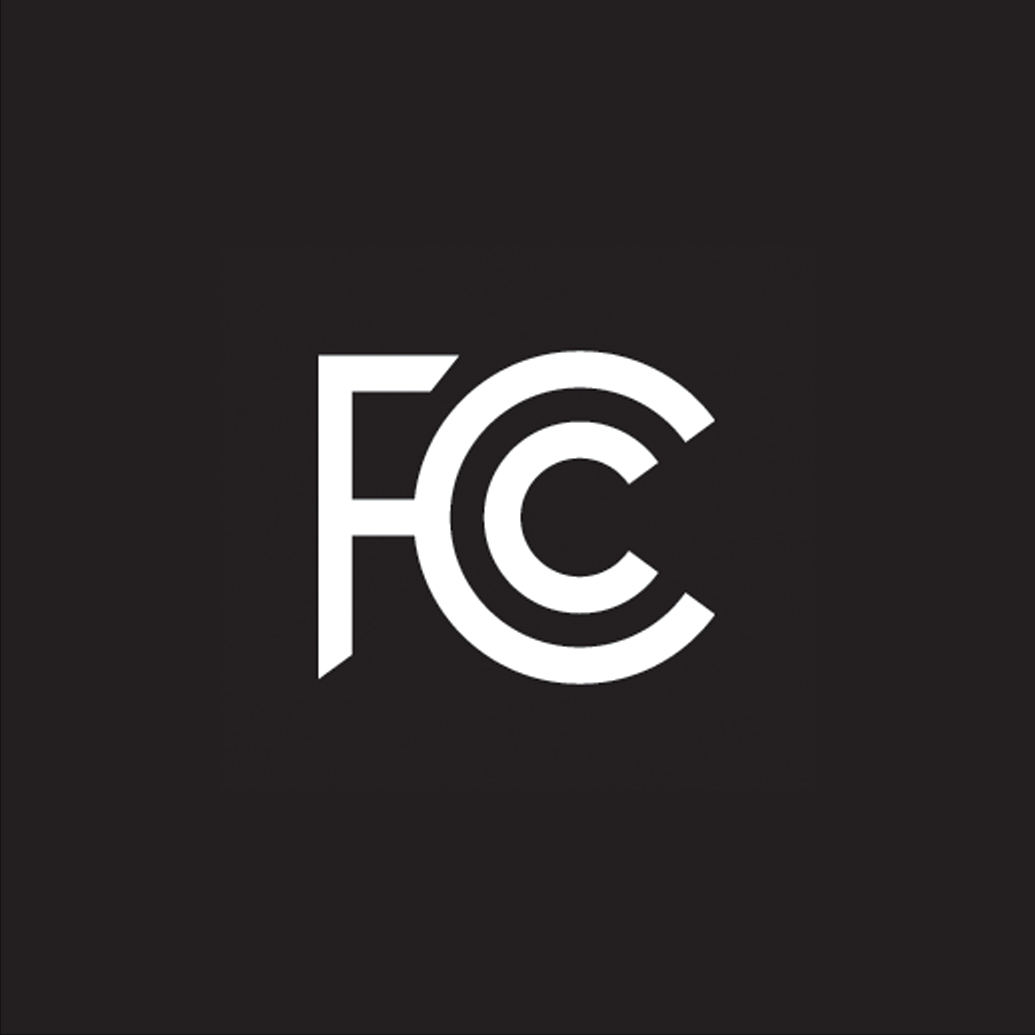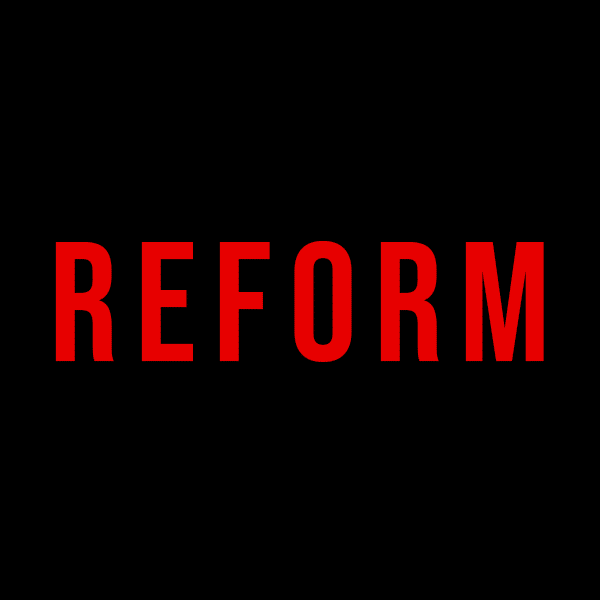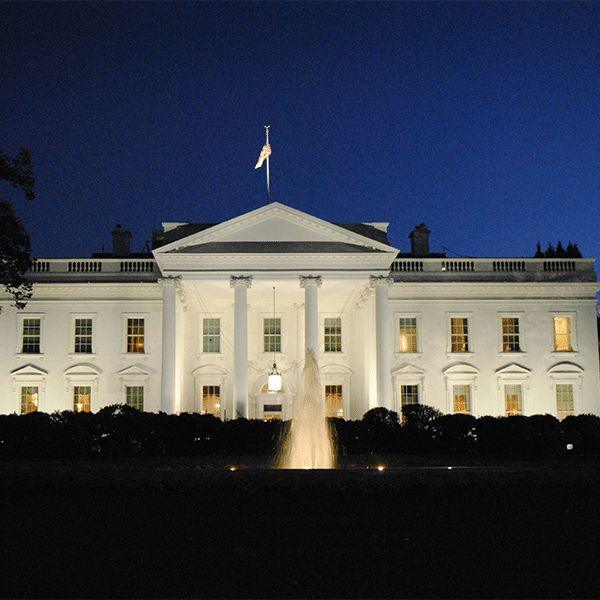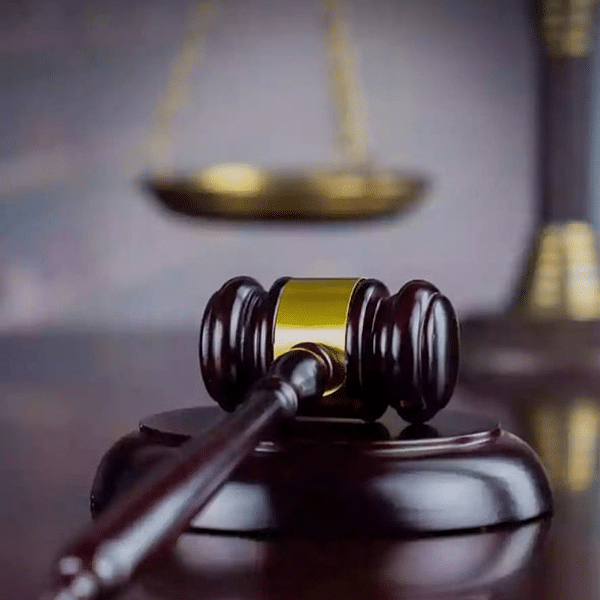Author: Randy Sukow
Rural Commenters Urge FCC to Adopt Higher Broadband Benchmark
Commenters believe the FCC broadband benchmark is too low and could leave rural Americans without the connectivity they need for the future.

Congressional USF Working Group Asks for Reform Ideas
The Congressional Universal Service Working Group aims to develop USF reform legislation. Stakeholders can submit comments via a portal.

White House AI Plan Emphasizes New Infrastructure Policies
One of the priorities of the plan is clearing the path to AI infrastructure construction by reforming permitting and other regulations.

FCC Chair Carr Outlines Build America Agenda in First Major Policy Speech
Carr said that the FCC must do its part to unleash high-speed infrastructure builds in communities across the country.

Deep Dive: The Supreme Court Universal Service Fund Decision
The FCC and USAC administer an approximately $9 billion fund collecting a percentage of the universal service revenues.

FCC Lifts Certified Professional Engineer Requirement for BDC Filings
In 2022, the BDC process became the primary way for the FCC to gather information about where broadband services are available.
